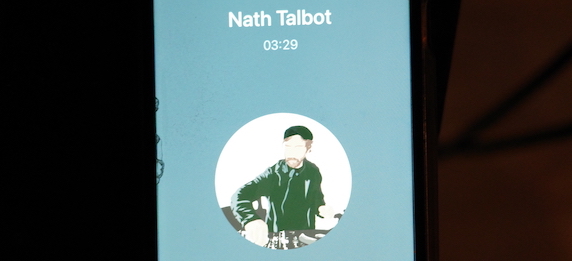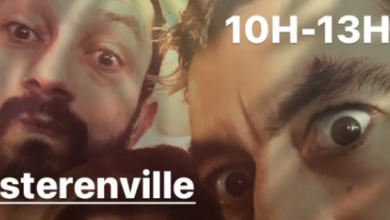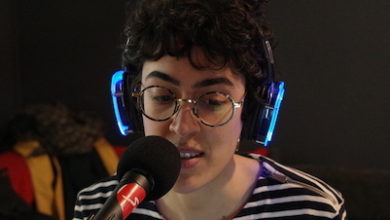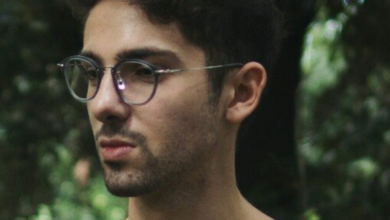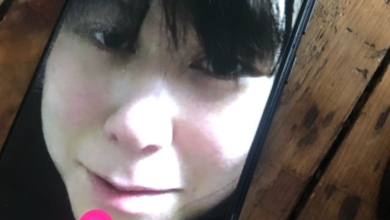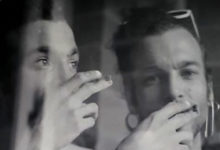Extrait de l’émission RADIO BELLE #2 du 15/03/2022 :
RETROUVEZ
LA TRANSCRIPTION
EN BAS DE PAGE
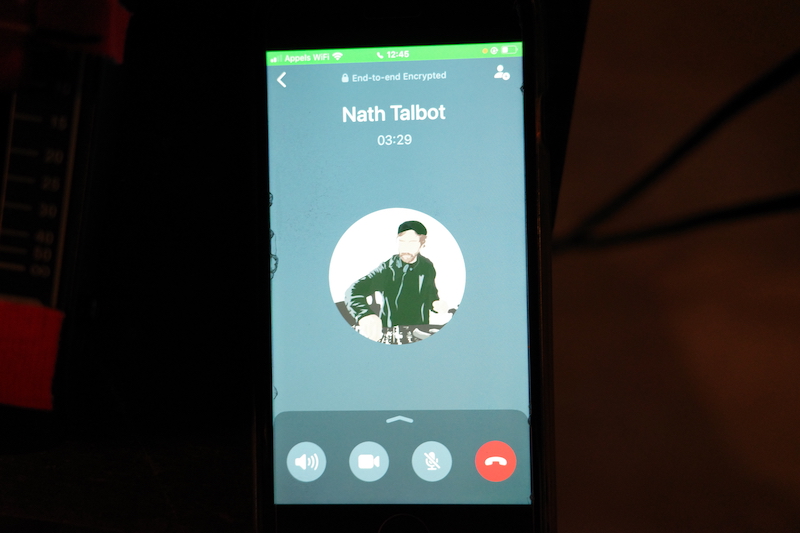
La transcription automatique de Première Pro :
00;00;00;06 – 00;00;27;19
Inconnu
What? Whatever. How do these how do you balance stability control? Was that one reason le and you don’t think the Oh, hi, Nate. Oh, well, hey, you. I’m good. So you are in Australia, life in Melbourne. And we’re speaking with Nick Talbot. Thank you for your time. I’m you. Nice to meet you. Did you see Percy Cami as a key animosity?
00;00;27;19 – 00;00;56;26
Inconnu
Michelle, had you been That’s right. Xavier Bonjour. You. All right, so you live in Melbourne, and we want to know how is it going in your city right now? Yeah, so I guess in a sense about the latter stages, too. Last year with Bain but the like, the state government’s been putting in things to get us open again completely and have it back to normality.
00;00;57;29 – 00;01;30;19
Inconnu
Does that feel does it feel like normality to you? I don’t think. I don’t think anything is going to really feel normal after what we’ve gone through. You know, you’ve a consciously feeling what was happening throughout, you know, from March 20, 20 to I guess around about September or October last year. You know, not being able to leave your house the majority of the time and to get food and supplies, medical exercise or like if you’re an essential worker The majority of us, we did struggle through that.
00;01;30;20 – 00;02;04;04
Inconnu
I know as a collective just to do certain things that the state government wanted to do at the time. A lot of people like us didn’t understand exactly what was happening and the universal sort of like on surety with a lot of things being closed down didn’t really help everybody’s mental health. You know, like obviously there’s a lot of funding that went into things like hospitality and intensive care and homelessness and support for tourism and hospitality and the arts.
00;02;04;04 – 00;02;35;14
Inconnu
But I think there was nothing any government could have really done during that time to keep everybody happy. I think it was a universal learning experience all right. So I guess like you said, now the city’s sort of pumping again or trying to and we were trying to think and we were saying right now at the radio that we’ve entered a new world, a new era, and we focusing on trying to focus on hope and positive attitudes.
00;02;35;23 – 00;02;57;18
Inconnu
So what are your principles you want to live by in the present world? What we call the new world. Well, you know, like, I feel like I’ve always tried to live by a certain a certain bunch of, I guess, morals and ethics. But I think the main one at the moment is it should be the new age should be called the age of empathy.
00;02;58;17 – 00;03;26;27
Inconnu
You know, like we should be thinking about how we can serve those who served us that during the pandemic or even before that or who we can serve. That really made that help. And I think mostly of like the homeless in my city, because there’s tens of thousands of them at the time. And every major city, given everything that happens, you know, like funding can do some great things.
00;03;26;27 – 00;03;50;23
Inconnu
But at the end of the day, on an official level, like you can spend millions of dollars that only receive maybe like a couple of like a handful of beds for a, you know, like a local homelessness center or a. Or. Yeah, like a a place that holds space for people that are nomadic or on the edges of whatever they’re going through in mental health.
00;03;51;02 – 00;04;38;18
Inconnu
I think it’s important that we focus on mental health in our recovery for the moment, because I think it’ll take a lot longer It just generally take a lot longer than we think. You know, it’s great that everything’s opening up, that we need to be making sure we look after everybody’s re-engagement with society on whatever level that is, whether it’s economic or it’s, you know, if they’re if there are a person that hasn’t been in the country that you’re from for a while, there needs to be more of a dialog for people to give their peace and not get lost in, I guess, the the rebel rabble of the public trying to let the government know
00;04;38;18 – 00;05;08;03
Inconnu
what we want because it’s their job to do what we want at the end of the day. That’s true. The new age of empathy. I like that. So take care. Could be when we take care of each other, take care of each other, listen to each other. And how do you because you spoke about mental health and I agree with you, it’s going to take a bit longer to kind of heal because it was a traumatic experience we’ve gone through and now we’re going through a new one with the war.
00;05;08;03 – 00;05;38;16
Inconnu
And, you know, it’s a never ending story. And how do you do it yourself? To take care of your mental health and to recover? Well, I think, you know, like everyone’s had in general their own journey through the experience and I think it’s important to understand that most of the time it’s going to be very different. And as long as we take the time to listen in that instance and truly listen and truly understand, then we can we can be a good we can be a good person for that person.
00;05;38;16 – 00;06;09;05
Inconnu
We can be a good friend or we can be a good acquaintance. Or whatever that may be. And with everything that is happening now, it’s obviously another big miscommunicated on, you know, like misinterpreted thing on on a world scale. I’m here in Australia, obviously, you know, things are very black and white, but, you know, like I think of soldiers on the Russian side of things that are being forced into doing things that they don’t want to do.
00;06;09;05 – 00;06;41;07
Inconnu
And, and on the opposite side of things you know, there are people in every war that don’t want to be part of the war. And, you know, like a lot of the time in retrospect is where we work out where the best solutions lie. But, you know, I think as we collectively learn, if we collectively try to be there for each other on a larger scale, you you know, like, who knows, maybe these things in the future will be a thing of the past.
00;06;41;07 – 00;07;01;23
Inconnu
These arguments by the lines in the sand Alleluia. Thank you very much for your time. Thank you very much indeed. So we we will focus on that. The new age of empathy. And you a musician and I think we would you would like to use this opportunity on the radio to promote your EP, your album that just came out in Australia.
00;07;01;24 – 00;07;21;28
Inconnu
Can you speak a bit about it before we launch? Yeah, we just play one of your music from it. Yeah, for sure. So I believe you’re playing the title from the EP. It’s When I Die, then it’s a song for my mum and my cat. I just want to quickly thank Anthony Taylor and throughout the records, they’re going to release it this year, so follow them.
00;07;21;28 – 00;07;43;17
Inconnu
It’s a lot records that come that are you and me on my Instagram. Also an umbrella or two, you know, Vince Osmond, but I will put songs. Yeah, these songs are about taking a moment to sit down and listen and see where it takes you and see how it stay. If it can make you feel maybe that empathy or maybe you can feel something you haven’t felt in a while.
00;07;43;17 – 00;08;10;01
Inconnu
Allow yourself to do it and you know you’re only going to be better for it in the future. And I appreciate your time and it was lovely. And loving to me is over Yes. Unfortunately, we will not be able to listen to your old track because time is running out, but we are listening to a bit of it and you will be able to find those adjustment capabilities with some of your network as you will write it down on the post for the show.
00;08;10;22 – 00;08;14;27
Inconnu
Thank you for being with us. Bye. Bye. Bye. Bye, needs.

